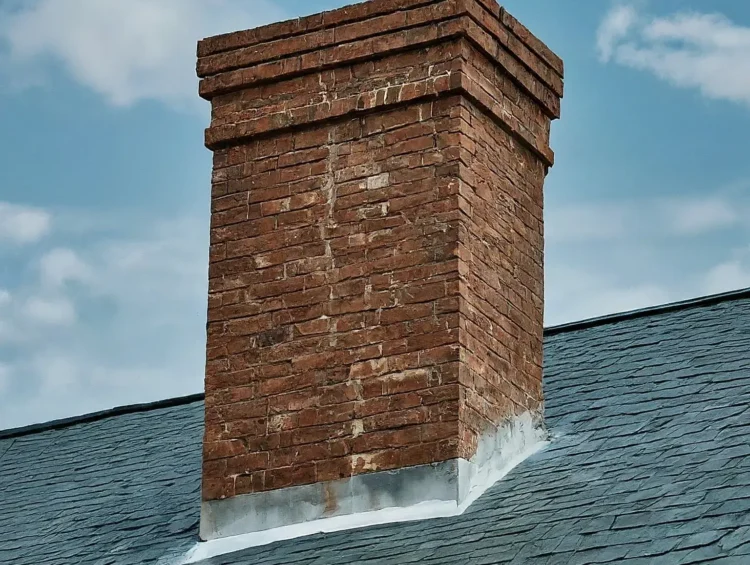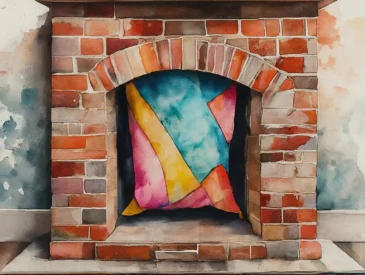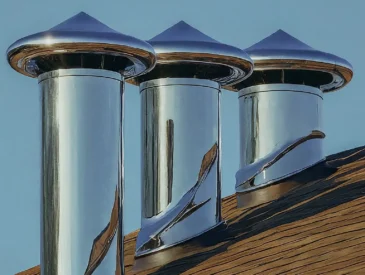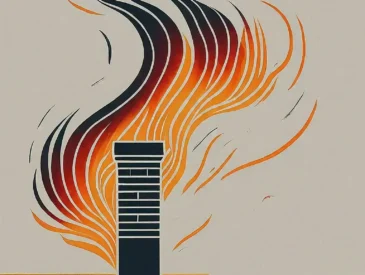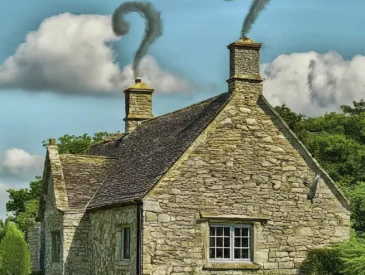A well-constructed chimney is designed to endure for over a century. However, homeowners often overlook its maintenance. With proper waterproofing, you can avert expensive repairs caused by water damage.
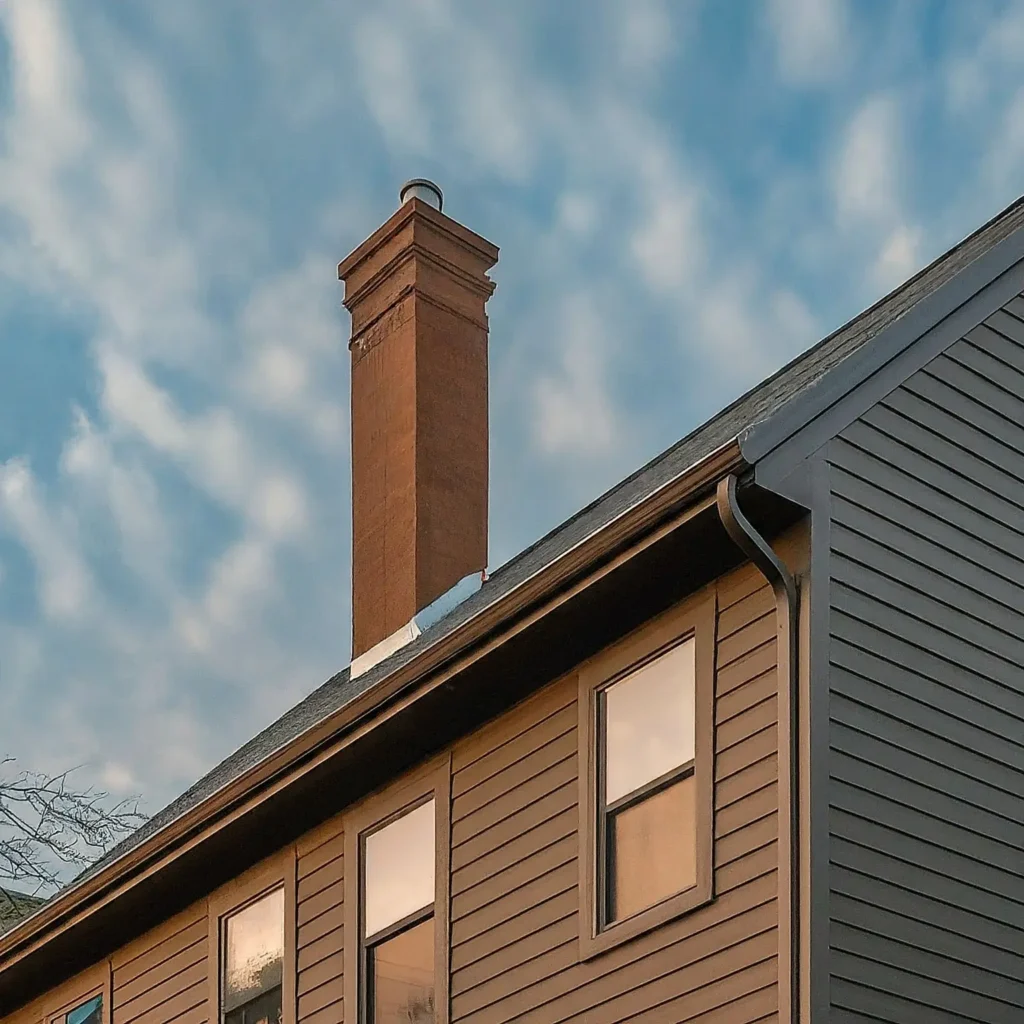
If you opt to waterproof the chimney yourself, the expenses can range from $60 to $300, covering only the cost of materials. Alternatively, hiring a professional increases the cost, varying from $150 to $700, accounting for both materials and labor.
Factors to Consider in Waterproofing
Not all waterproofing projects are as straightforward as applying a coating. Several aspects need to be addressed to ensure your chimney is truly water-resistant. Questions such as identifying leaks near the chimney,
understanding the significance of a chimney cap, and the durability of the waterproofing service are vital. Let’s delve into the specifics.
Cost of Waterproofing Your Chimney
The predominant materials used for chimney waterproofing come at a cost ranging from $60 to $150. If you undertake the waterproofing process independently, the expenses will be solely attributed to the materials. However, when you engage a professional for this task, you’ll incur an additional cost of $90 to $400 for labor.
While waterproofing your chimney is a feasible DIY task, it necessitates a certain level of expertise. It is generally advisable to entrust this job to professionals to avert potential water damage resulting from incorrect application.
Opting for professional waterproofing services entails higher costs due to labor charges. Nevertheless, these services typically fall below the $1000 mark. Various methods can be employed for effective chimney waterproofing.
It’s crucial to bear in mind that investing in professional waterproofing outweighs the costs associated with rectifying structural and water-related damages.
The same principle applies to the choice of materials; while cheaper options may seem appealing, their long-term durability in varying weather conditions is questionable.
Masonry Sealing: Basic waterproofing involves sealing the masonry on your chimney. Materials for this task can be procured for as little as $60 and can be applied using a sprayer and brush. For porous masonry, a liquid-based formula like siloxane is recommended to obstruct water entry.
Siloxane products also facilitate the escape of water vapor, preventing expansion and cracking in freezing temperatures. Different products may be advised for non-porous masonry like stucco or chimney-rated paints.
Chimney Cap: Replacing or adding a chimney cap, according to HomeAdvisor, typically costs around $300. A chimney cap is crucial for keeping water and pests at bay.
Its installation is imperative, and if your chimney lacks one, it’s advisable to engage a professional for measurement and installation.
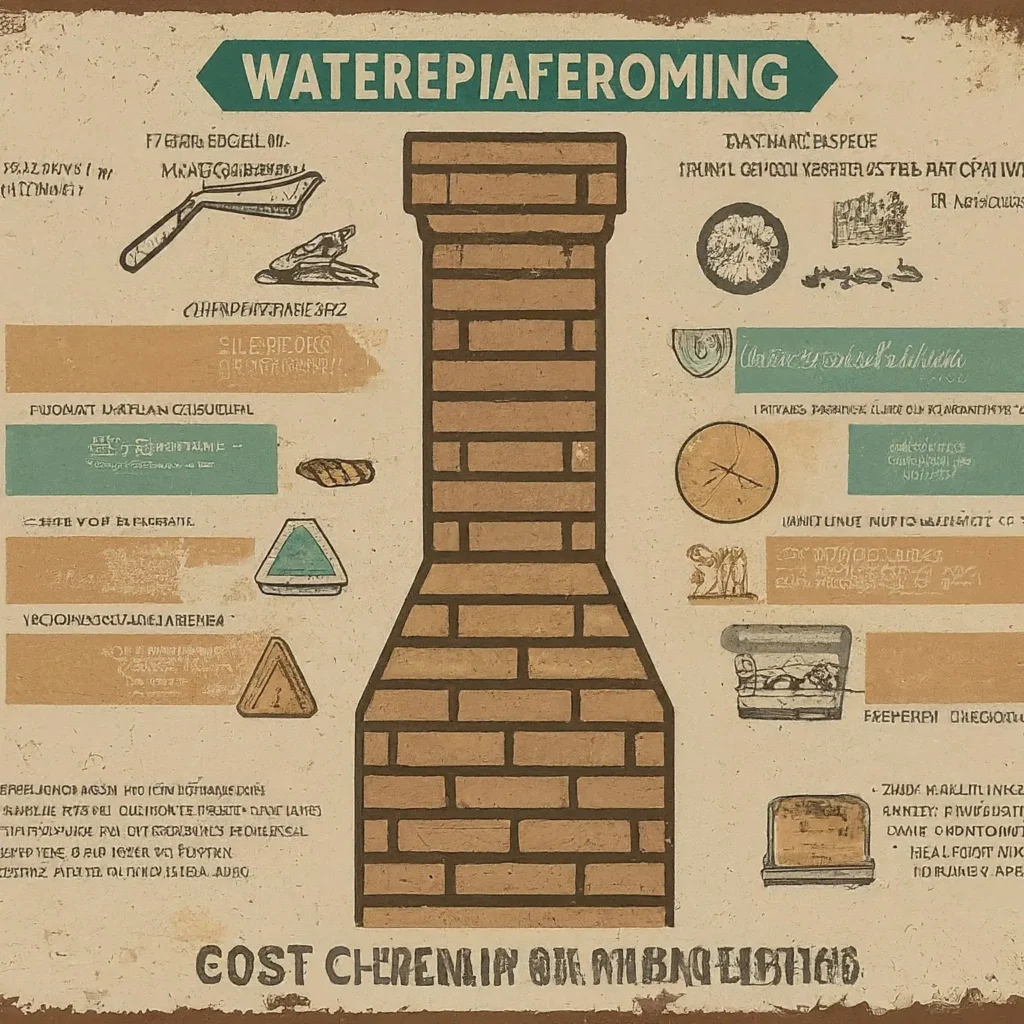
While a chimney cap doesn’t entirely seal the chimney’s top, it significantly reduces the ingress of rain protection and snow.
Chimney Crown: The average expense for repairing a crown is usually less than $500. Chimney crowns provide an additional layer of defense against water entry through the chimney’s top. The crown is the cemented portion at the chimney’s apex, where the cap meets the brick and mortar.
Chimney Flashing: HomeAdvisor suggests that the average cost for repairing or adding flashing ranges from $200 to $500. Chimney flashing is essential, as it seals the gap where your chimney intersects with the roof. The absence of flashing can result in water seeping into your home, potentially causing ceiling leaks near the chimney.
Is waterproofing a chimney necessary?
Waterproofing is imperative, as it safeguards your chimney from damage caused by water, snow, and ice. Given that chimneys are constructed from porous materials, they tend to absorb moisture over time, potentially leading to a range of issues.
These include structural deterioration, mold growth, reduced masonry lifespan, and pest infestations.
How Often Should I Waterproof My Chimney?
Proper waterproofing can protect for up to 20 years. However, it’s advisable to reapply every 10–15 years to ensure consistent safeguarding.
During routine cleanings, it’s important to verify the condition of your chimney crown and cap. For chimneys in regular use, an annual cleaning and inspection are recommended.
Engage the services of a professional cleaner to conduct a thorough examination of your chimney. This way, they can alert you to any potential issues with the crown or cap.
How is waterproofing applied to a chimney?
The waterproofing material is directly sprayed onto porous masonry, typically brick or cement chimney blocks. A brush may be required for hard-to-reach areas. It’s generally recommended to apply two coats, with special attention paid to the chimney’s top, which is most exposed to the elements.
If your chimney is constructed from a material other than porous masonry, stucco or specific paints can be utilized for waterproofing. Consult with a certified professional to select the appropriate product for your chimney.
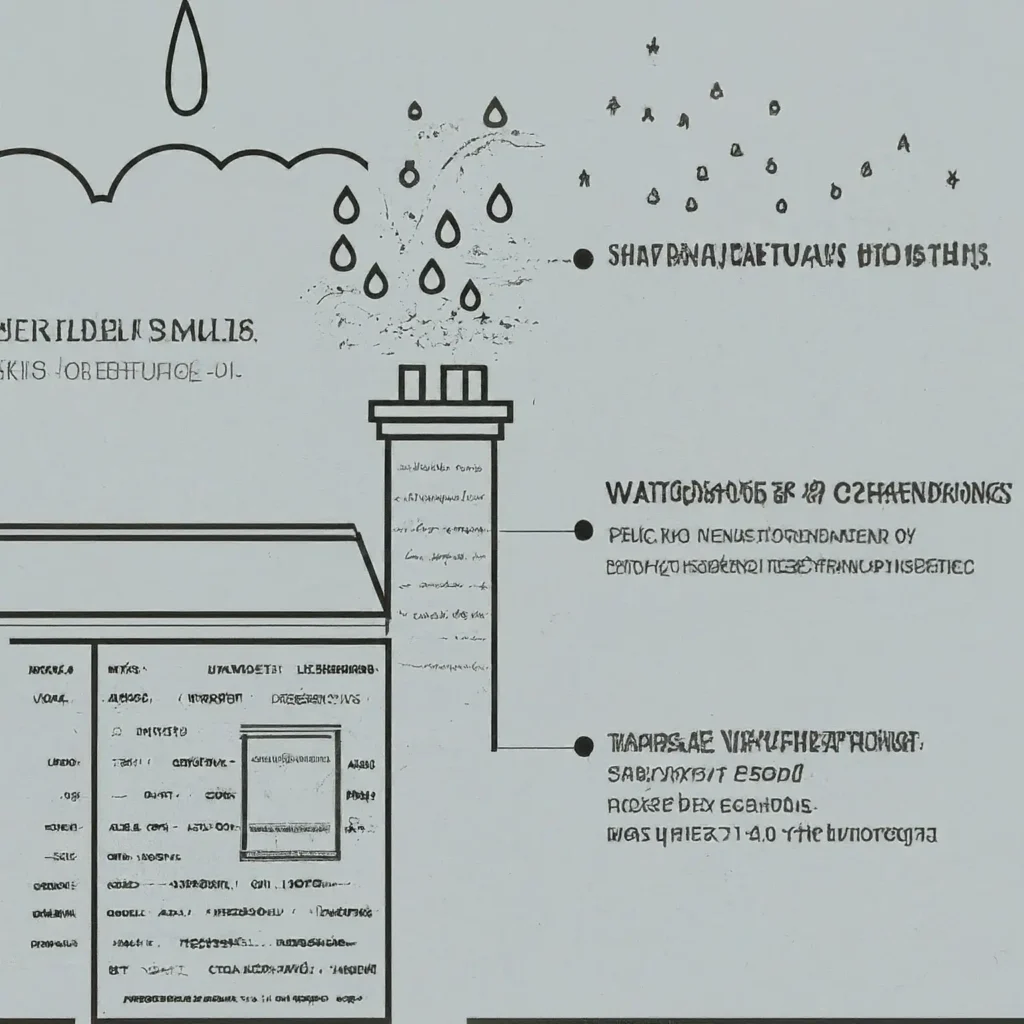
If you undertake the application yourself, ensure that the chosen product is non-flammable, as it will be applied to a chimney. Quality is paramount to guaranteeing the protection you need.

